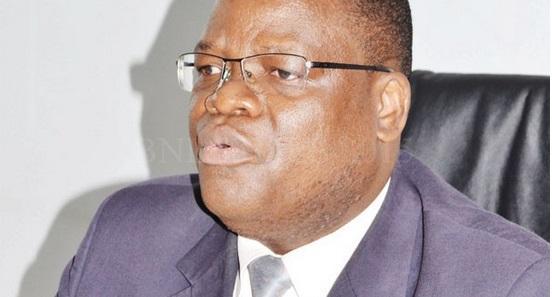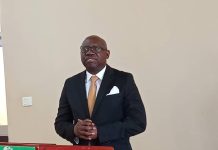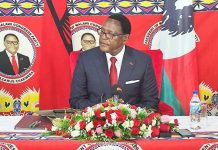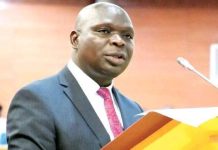Africa-Press – Malawi. Malawi’s main State-Owned Enterprises (SOEs) are drowning in debt and struggling to pay what they owe, a new government report has revealed. The assessment, which reviewed the financial health of 10 commercial SOEs from 2022 to 2024, shows that these companies collectively owe over K495 billion — and most of them are in serious trouble.
According to the report, none of the SOEs were rated in category one or two, which are considered low-risk. Instead, they were placed in the danger zone:
40 percent in category three
20 percent in category four
40 percent in category five — the highest risk level
Category five means an SOE is unlikely to pay back its debts without government help. This puts the country under pressure, because taxpayers ultimately bear the cost.
The assessment shows that the financial problems are caused by high operating costs, weak revenue collection, delays in submitting financial reports, and old, unreliable equipment. Water boards in particular struggle with frequent pipe bursts, leakages, illegal connections, and high levels of water loss.
The report warns that government exposure to SOE debt is extremely high. Some of the biggest risks include:
Escom: Government exposure at K152 billion, with expected losses of K98 billion
Nocma: Exposure at K192 billion, expected losses K34 billion
Northern Region Water Board: Exposure K71 billion, expected losses K42 billion
Admarc: Exposure K45 billion, expected losses K27 billion
Other SOEs such as Egenco, Lilongwe Water Board and Blantyre Water Board also show worrying levels of expected losses.
Experts say the situation can be improved, but only if government strengthens oversight and gives boards enough power to fix problems quickly. Corporate governance commentator Jimmy Lipunga says SOEs often have good plans on paper, but lack authority to act on them.
Economists Association of Malawi president Bertha Bangara Chikadza adds that most SOEs borrow money just to cover daily operations rather than investing in projects that generate income. This, she says, shows that many SOEs have “chronic cash flow problems.”
The report recommends several interventions, including timely approval of cost-reflective tariffs, limiting how much SOEs can borrow, and better management of social obligations.
For ordinary Malawians, the findings raise serious concerns. If SOEs fail to repay their debts, government may be forced to cover the losses using taxpayer money — affecting essential services such as healthcare, education, roads, and fuel supply.
With electricity, water, fuel, and food security heavily dependent on SOEs, the report serves as a warning that the country must act quickly to prevent deeper economic trouble.
For More News And Analysis About Malawi Follow Africa-Press






